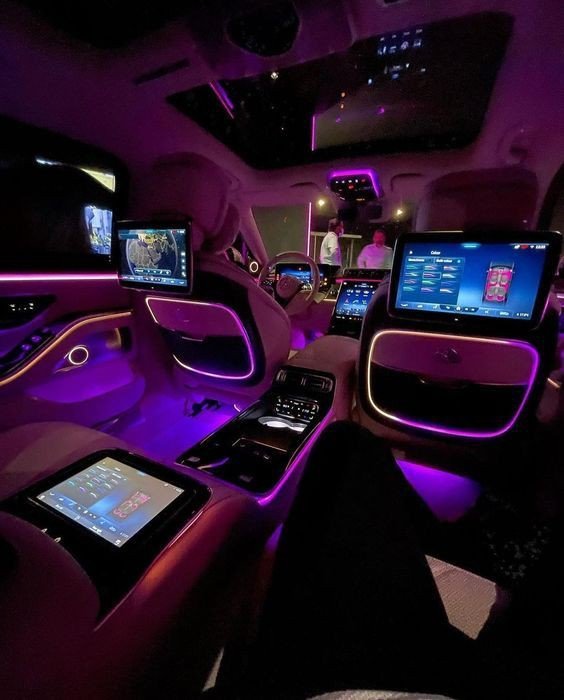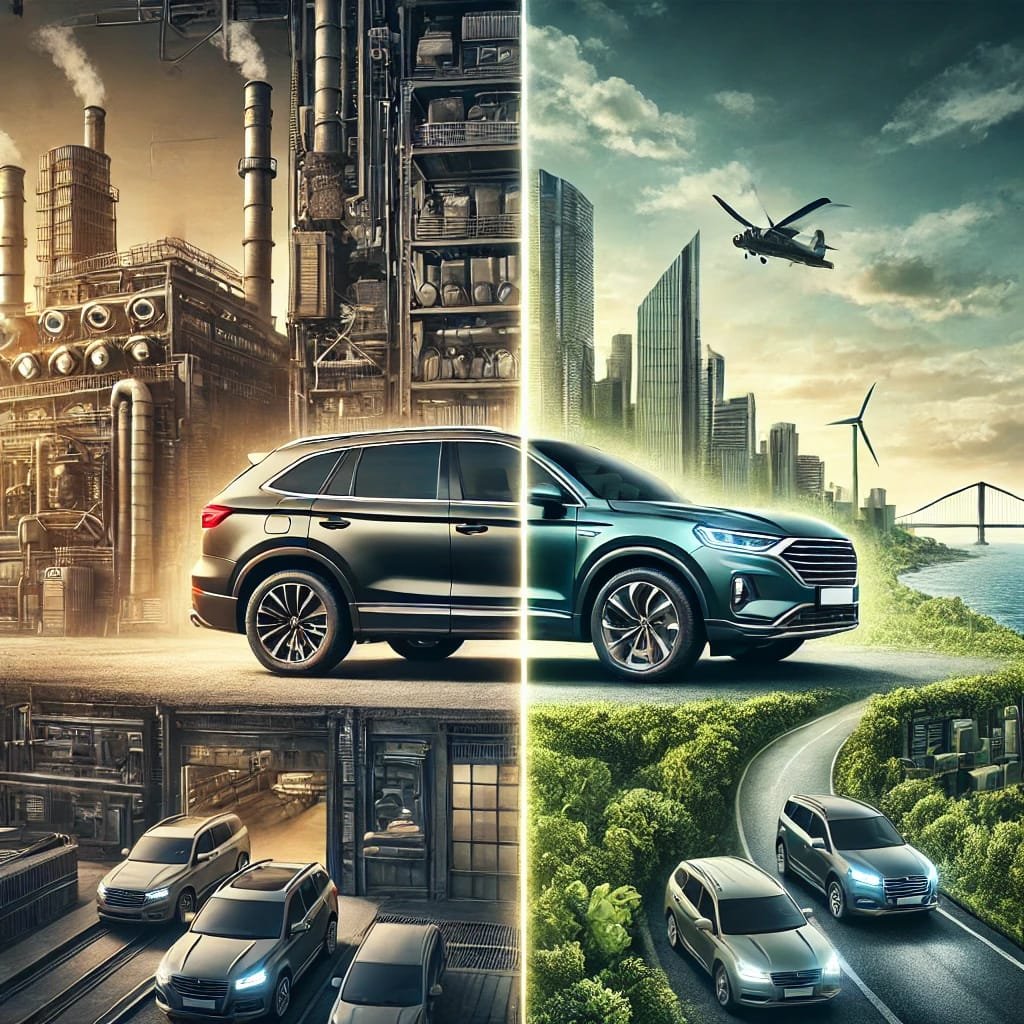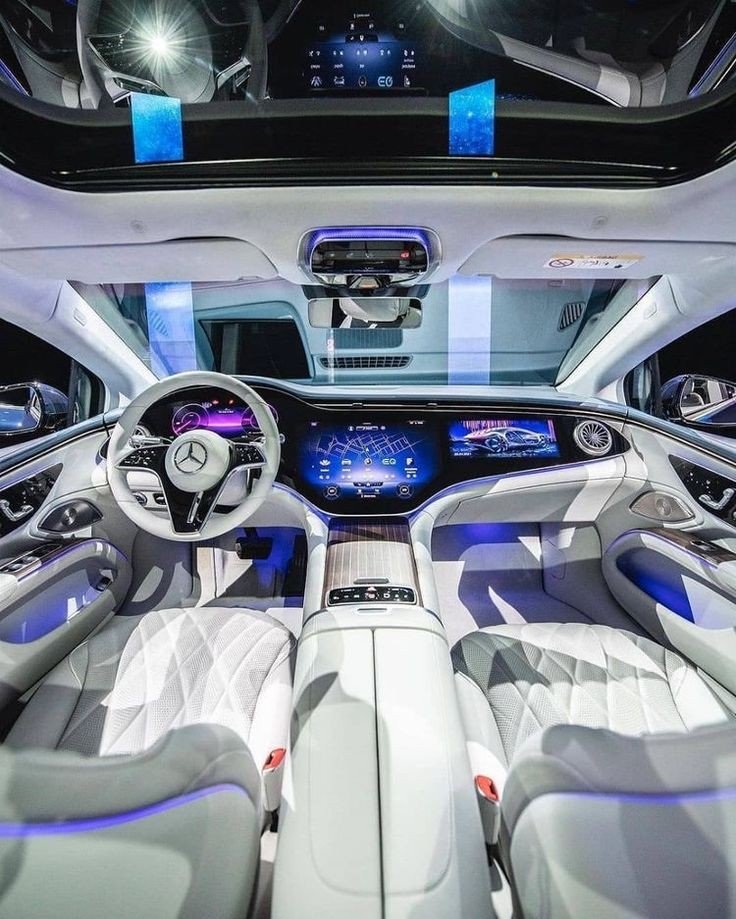
Introduction
The automotive industry is experiencing rapid changes driven by technological advancements, evolving consumer preferences, and increased competition. To stay ahead, automakers and dealerships must adopt innovative marketing strategies that resonate with modern consumers. From digital transformation to personalized experiences, automotive marketing is being redefined to engage customers more effectively. This article explores the top 10 trends in automotive marketing strategies that are shaping the future of the industry.
1. Digital Transformation and Online Sales
One of the most significant trends in automotive marketing is the shift toward digital transformation and online sales. As more consumers research and purchase vehicles online, automakers and dealerships are investing heavily in digital channels to reach potential buyers. Virtual showrooms, 360-degree videos, and augmented reality (AR) tools allow customers to explore vehicles from the comfort of their homes.
Many automotive brands are now offering fully digital sales experiences, enabling customers to configure, finance, and purchase a vehicle entirely online. This trend is driven by the growing preference for convenience and transparency, as well as the impact of the COVID-19 pandemic, which accelerated the adoption of digital solutions.
2. Personalization and Data-Driven Marketing
Personalization is becoming a critical component of automotive marketing strategies. Consumers expect tailored experiences that match their preferences and needs, and automakers are leveraging data-driven marketing to deliver these experiences. By collecting and analyzing customer data, brands can create targeted campaigns, personalized offers, and customized content that resonates with individual buyers.
Data-driven marketing allows automakers to understand consumer behavior, preferences, and purchase intent more accurately. This insight enables them to develop highly personalized marketing messages, recommend suitable vehicle models, and create more effective retargeting campaigns, ultimately leading to higher conversion rates and customer satisfaction.
3. Emphasis on Sustainability and Eco-Friendly Messaging
With growing environmental awareness, sustainability has become a key focus for consumers and brands alike. Automotive companies are increasingly incorporating eco-friendly messaging into their marketing strategies to appeal to environmentally conscious buyers. This trend includes highlighting the benefits of electric vehicles (EVs), sustainable manufacturing practices, and the use of eco-friendly materials.
Automakers are also promoting their commitment to reducing carbon footprints and supporting green initiatives. By emphasizing sustainability in their marketing campaigns, automotive brands can build trust, enhance their reputation, and attract a broader audience of eco-conscious consumers.
4. Content Marketing and Storytelling
Content marketing and storytelling are gaining prominence in automotive marketing strategies. Rather than focusing solely on the features and specifications of vehicles, brands are creating compelling narratives that connect with customers emotionally. These stories often highlight the experiences and lifestyles associated with their vehicles, making them more relatable and appealing.
Automakers are using various content formats, such as blogs, videos, podcasts, and social media posts, to engage customers and provide valuable information. Influencer partnerships, customer testimonials, and user-generated content are also being leveraged to build authenticity and trust. By telling stories that resonate with their target audience, brands can create a stronger emotional connection and foster brand loyalty.
5. Social Media Engagement and Influencer Marketing
Social media remains a powerful tool for automotive marketing, enabling brands to engage with customers directly and build a community around their products. Automotive companies are increasingly using social media platforms like Instagram, TikTok, YouTube, and Twitter to showcase their vehicles, share content, and interact with their audience.
Influencer marketing is also becoming a vital part of automotive marketing strategies. By partnering with influencers who have a strong following in the automotive, lifestyle, or tech spaces, brands can reach a larger audience and build credibility. Influencers can create engaging content, such as vehicle reviews, road trips, and unboxing videos, that resonates with their followers and encourages them to consider the brand.
6. Experiential Marketing and Virtual Reality (VR) Experiences
Experiential marketing, which focuses on creating memorable experiences for consumers, is becoming more popular in the automotive industry. Virtual reality (VR) and augmented reality (AR) technologies are being used to create immersive experiences that allow potential buyers to explore vehicles in a virtual environment.
Automakers are hosting virtual test drives, interactive product demonstrations, and virtual events to engage customers and provide a realistic feel of their vehicles. These experiences help build excitement and interest, especially when in-person experiences are not feasible. As VR and AR technologies become more advanced, experiential marketing will play an even more significant role in automotive marketing strategies.
7. Omnichannel Marketing Approach
An omnichannel marketing approach is essential for delivering a seamless customer experience across all touchpoints. This trend involves integrating multiple channels—such as websites, social media, email, mobile apps, and in-store experiences—to provide a consistent and unified brand message.
For automotive companies, an omnichannel strategy means ensuring that customers have a smooth journey from initial research to purchase, whether they are browsing online or visiting a dealership. This approach allows brands to reach customers where they are most active and engage them at every stage of the buying process. It also helps build a cohesive brand identity and improves customer retention.
8. Focus on Customer Experience (CX)
Customer experience (CX) is becoming a crucial differentiator in the automotive industry. Automakers and dealerships are focusing on delivering exceptional customer experiences to build loyalty and drive repeat business. This trend involves optimizing every aspect of the customer journey, from online research and test drives to after-sales support and maintenance.
Brands are using digital tools, such as chatbots, AI-powered assistants, and customer relationship management (CRM) systems, to provide personalized and responsive support. Additionally, automakers are investing in training for dealership staff to ensure they offer knowledgeable and friendly service. A strong focus on CX helps create positive brand associations and encourages customers to become brand advocates.
9. Innovative Use of Artificial Intelligence (AI) and Machine Learning
Artificial intelligence (AI) and machine learning are transforming automotive marketing by enabling more intelligent and automated marketing strategies. AI-powered tools can analyze vast amounts of data to identify trends, predict consumer behavior, and optimize marketing campaigns in real time.
For example, AI can be used to create personalized email campaigns, generate dynamic ads based on user preferences, and automate customer support through chatbots. Machine learning algorithms can also help segment audiences more effectively, ensuring that marketing messages reach the right customers at the right time. By leveraging AI and machine learning, automotive brands can achieve more efficient and targeted marketing efforts.
10. Leveraging Video Content and Live Streaming
Video content continues to be one of the most engaging forms of digital marketing, and automotive brands are increasingly leveraging it to connect with customers. Video content allows brands to showcase their vehicles’ features, performance, and design in a dynamic and visually appealing way.
Live streaming is also gaining traction in automotive marketing, with brands hosting live events, product launches, and Q&A sessions to engage with their audience in real-time. Live streaming offers an opportunity for interactive communication, allowing customers to ask questions, provide feedback, and get a closer look at the vehicles. This direct engagement helps build trust and fosters a sense of community among potential buyers.
Conclusion
The automotive industry is evolving rapidly, and marketing strategies must keep pace with these changes to remain effective. By embracing digital transformation, personalization, sustainability, content marketing, social media engagement, experiential marketing, omnichannel approaches, customer experience, AI, and video content, automotive brands can create more meaningful connections with consumers and drive growth in an increasingly competitive market. As the industry continues to innovate, these trends will play a vital role in shaping the future of automotive marketing.





